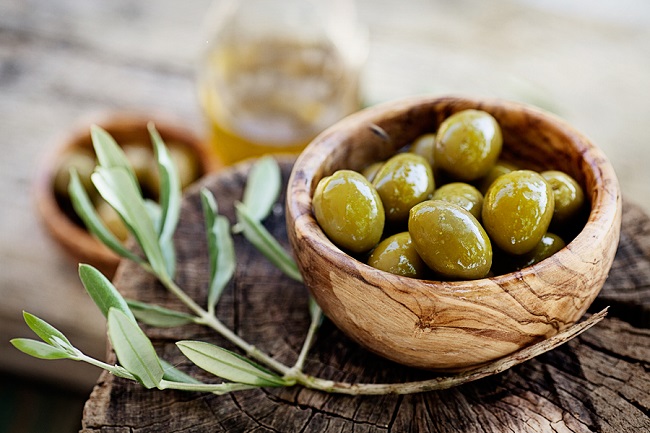- Make It Yourself Lavender Heart-Shaped Bath Bombs!
- 20 Things You Never Knew About “Down There”
- 12 Best Foods For Those Suffering From Arthritis Pain
- 12 Personal Hygiene Mistakes Almost Everyone Makes (Mom Never Told You About #4!)
- 15 Medicinal Plants And Herbs From The Cherokee People
- 12 Mind-Blowing Benefits Of Drinking Coconut Water During Pregnancy
- 12 Outstanding Winter Foods That Won’t Fatten You Up Like A Christmas Turkey
Herbal Remedies for High Blood Pressure

Photo credit: bigstock
High blood pressure, also called hypertension, is, unfortunately, a rather common disorder that affects one in three Americans. Continued high blood pressure can damage your heart and increases your risk of stroke and heart disease. Doctors currently tell you that blood pressure levels of 140/90 or higher mean you suffer from blood pressure that is too high. Some health institutions go even farther and say that any reading of 130/90 is too high. Yes, there are a multitude of medications that can help lower your pressure, but they come with a high level of very unpleasant side effects. Why give big business pharmaceuticals more of your hard earned money when you can use Mother Nature’s way of lowering your blood pressure, and avoid all those nasty side effects?
Your doctor may scoff at treating your high blood pressure with natural herbs but using prescription drugs certainly hasn’t cured those who use them. Ask your doctor if you can do a trial run by using natural herbs for 3 months. If your blood pressure hasn’t significantly lowered after that time, you can always return to your prescription medication. As always, talk this over with your doctor before you stop taking any medication(s).
Managing your blood pressure using natural herbs is a fantastic way to treat your problem with absolutely no side effects. Take a look at our top 10 herbs and spices that can lower your blood pressure the way Mother Nature intended.
1. Hawthorne
Hawthorne is an herb that is a natural diuretic as well as helps to reduce blood pressure. When you choose a supplement, look for one that is made from an extract that uses the entire plant, not just leaves or berries. Hawthorne dilates the coronary arteries and increases contractions of the heart.
Phytomedicine published a study in 2010 that stated hawthorn extract improved heart contractions in those heart muscles that were damaged by an insufficient blood supply. It also helped to heal tissue damage. Hawthorn sometimes causes nausea in some people. As always, talk to your doctor before combing hawthorn with other medications.
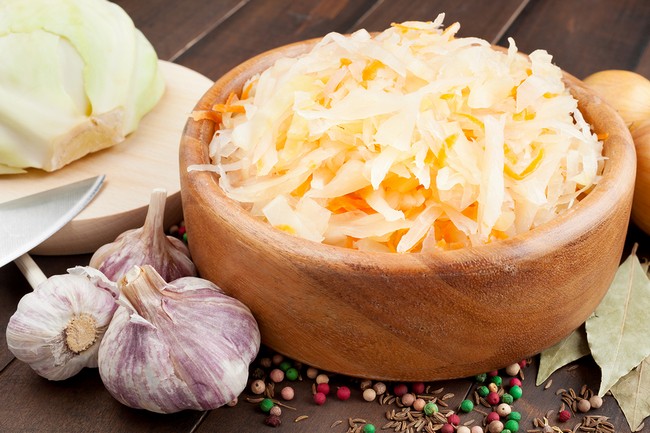
Photo credit: bigstock
2. Garlic
The Clinical Research Center in New Orleans did a study regarding garlic and blood pressure. This small study included 9 patients that had severe hypertension.
They were given a garlic supplement that included 1.3 percent alllicin, the active ingredient in garlic. Sitting blood pressure fell dramatically within 5 to 14 hours after receiving the dose.
Another study done in 2009 showed that fresh garlic is much more potent and has more heart protective properties than processed garlic.
Although it may not gain you many close friends, don’t be shy about adding that garlic to your salad, stir fry, or fish dinner!
3. Olives
If you have checked out the Mediterranean diet at all you most likely noticed that olives are a big part of it! Olive oil has been found in numerous studies to reduce blood pressure.
The University of Naples, in Italy, performed a study as to the importance of olive oil in the diet.
Researchers discovered that 40 grams of olive oil daily reduced the amount of medication patients with hypertension needed by as much as 50 percent.
Use extra-virgin olive oil as it’s the polyphenols in extra virgin oil that is given the credit for the blood pressure reducing abilities.
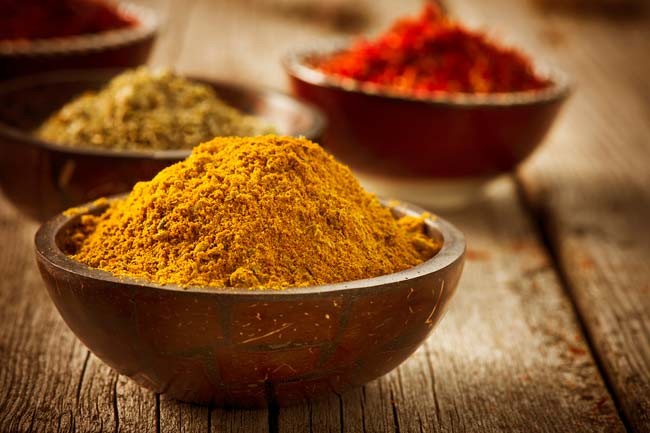
Photo credit: bigstock
4. Cardamom
The Indian Journal of Biochemistry and Biophysics published a study that included 20 subjects who had been newly diagnosed with high blood pressure.
All subjects were given 3 grams of a cardamom powder supplement daily for 3 months. At the end of the study, all 20 subjects state that they felt great and had experienced no side effects.
The study also showed that their blood pressure was greatly reduced.
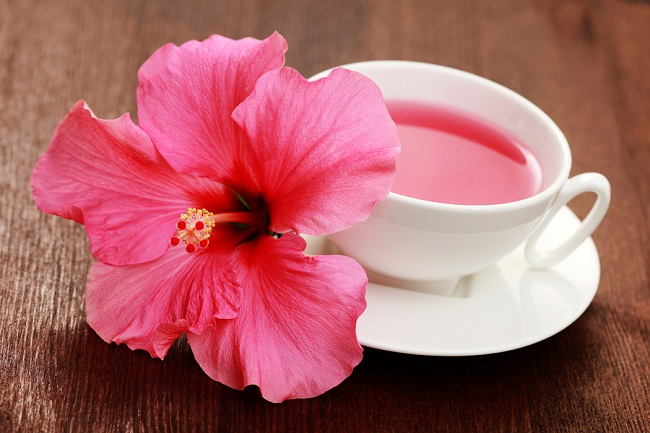
Photo credit: bigstock
5. Hibiscus
In studies done with humans, drinking hibiscus tea and/or taking hibiscus supplements has been found to lower blood pressure levels.
In studies that compared black tea to hibiscus tea, it was the hibiscus tea that actually reduced both diastolic and systolic blood pressure.
Consult your doctor before starting to use hibiscus as it can have interactions with other drugs.

Photo credit: bigstock
6. Linden
Linden is frequently used in traditional medicines in Europe and Asia. Linden is a tree whose flowers and bark act as a hypotensive, a relaxing herb.
Linden flowers lower blood pressure and are frequently used for those with hypertension associated with arteriosclerosis or those with nervous tension.
Although linden is a safe herb, a few people find it gives them an itchy skin rash. Again, consult your doctor before using or before combining with other medications.
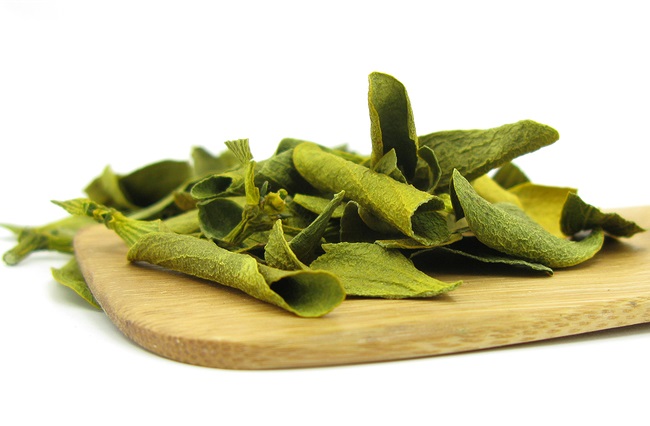
Photo credit: bigstock
7. Mistletoe
Mistletoe has long been used traditionally to treat cancer patients due to its strong immune stimulating abilities; however, mistletoe has an effect on the thickness of your blood.
If the blood is too thick, it can be difficult for your body to allow it to flow through the arteries, therefore raising your blood pressure.
The Journal of Ethnopharmacology published a study in 2009 which showed that mistletoe extract prevented changes in the thickness, or the viscosity, of the blood.Find out other benefits of mistletoe.
Avoid mistletoe if you are pregnant, breast feeding, and, as always, consult your doctor.
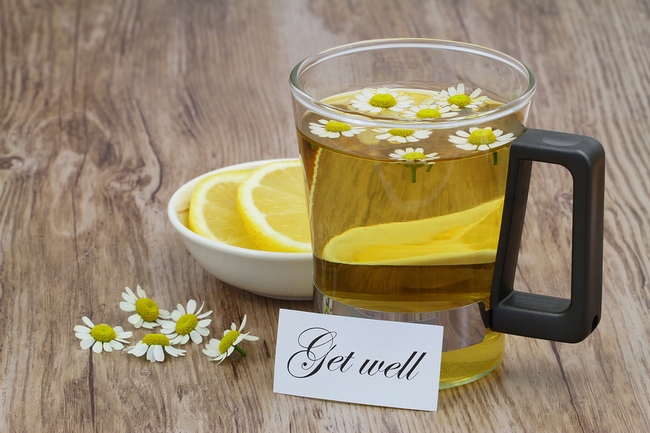
Photo credit: bigstock
8. Yarrow
There are about 85 species of yarrow plants. The scientific terms of the two most popular yarrow plants are achillea wilhelmsii and achillea millefolium.
These two have the most hypotensive properties among all the species of yarrow.
Yarrow can lower your blood pressure by dilating the blood vessels. Drugs Under Experimental and Clinical Research published their findings in a 2000 issue and stated that these two species of yarrow dramatically lowered the blood pressure, both diastolic and systolic, in those with hypertension.
Researchers believe that the flavonoids and lactones in the plant have a hypotensive action. Don’t take yarrow if you are pregnant or breast feeding, or if you are allergic to the aster family of plants.
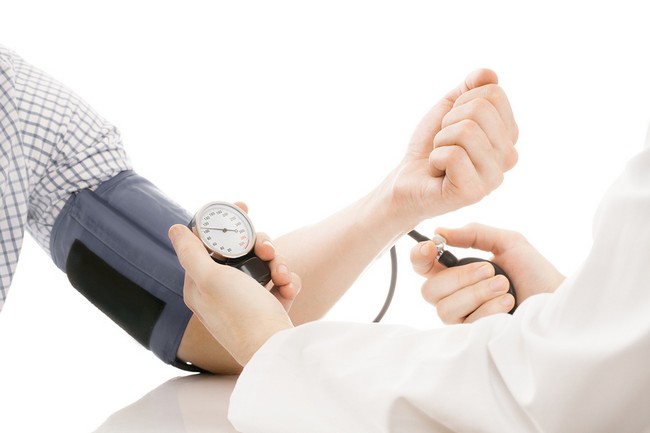
Photo credit: bigstock
9. Oregano
This popular herb has a compound called carvacrol, which acts to prevent high blood pressure.
Researchers from the Eskisehir Osmangazi University in Turkey found that, in a study conducted with animals, carvacrol was found to reduce both blood pressure, as well as the resting heart rate.
Find out why it is important not to ignore heart disease.

Photo credit: bigstock
10. Cinnamon
Cinnamon can not only prevent diabetes, it can prevent heart disease as well.Read 10 health benefits of cinnamon.
In a study done with 22 subjects at the Center for Applied Health and Sciences in Ohio, half of these subjects were given 250 mg daily of a water soluble cinnamon. The other half received a placebo.
The half that were given cinnamon has as much as a 23 percent increase in their antioxidant levels, which are connected to better heart health as well as the lowering of blood sugar levels in the body.
Sources:

